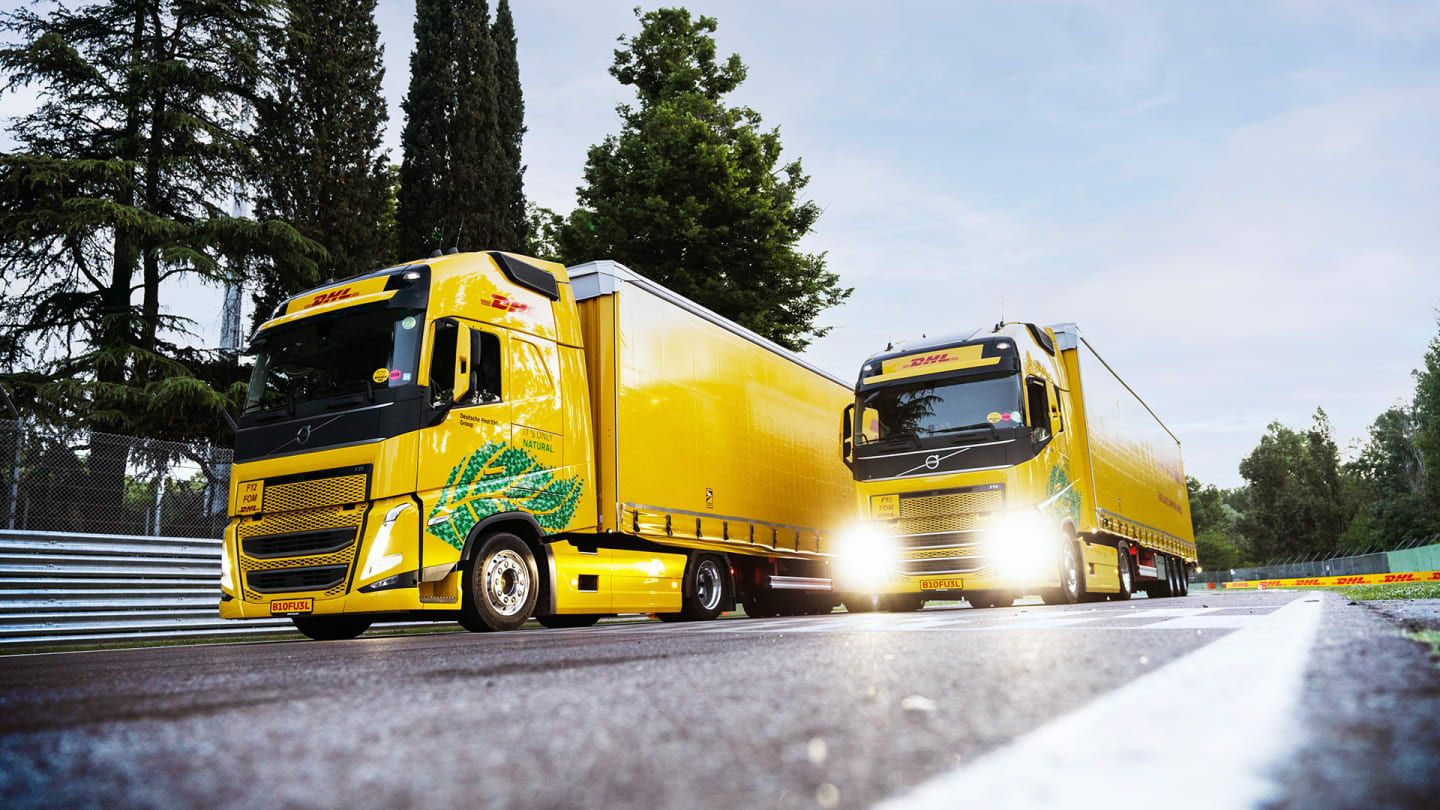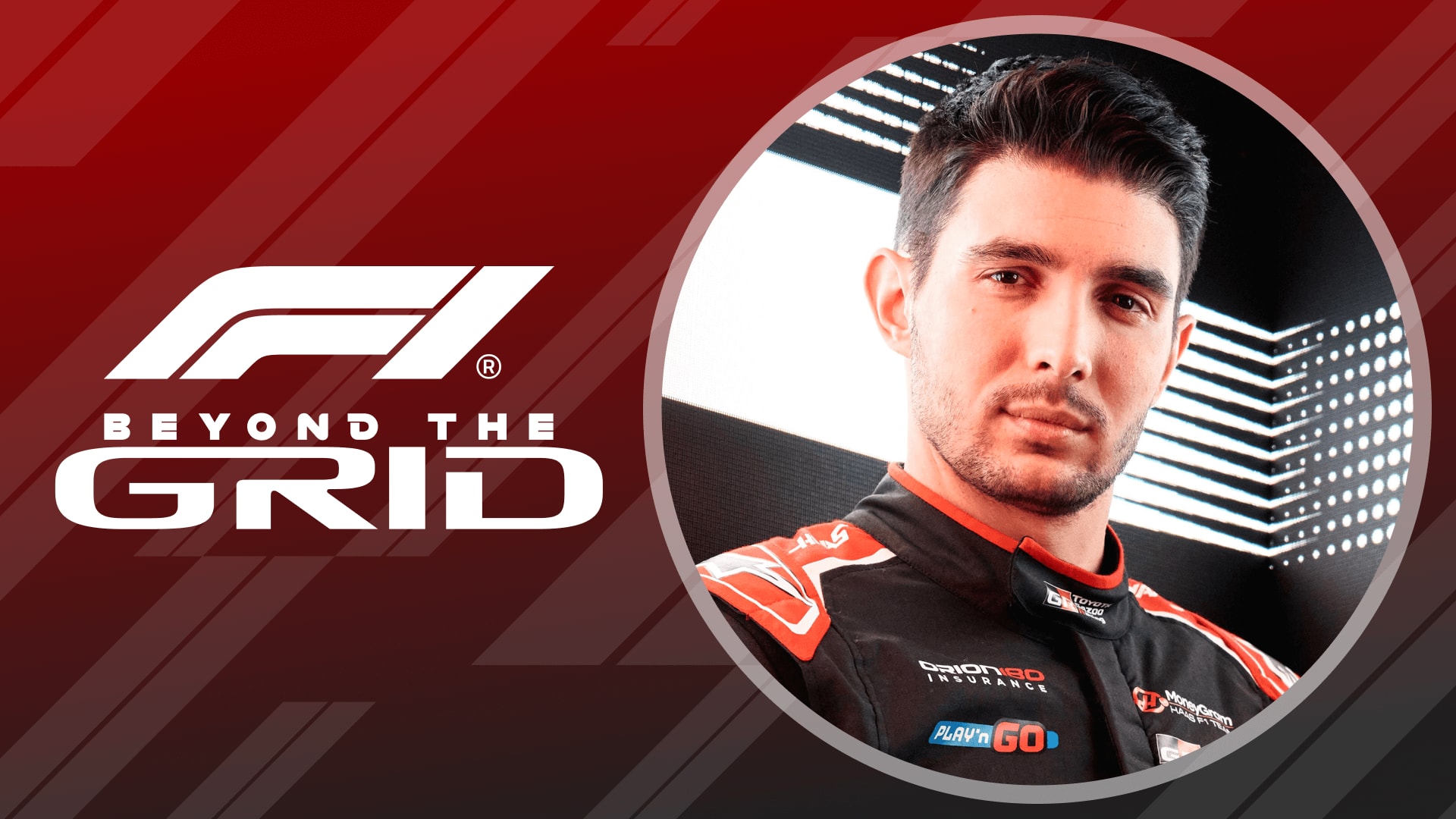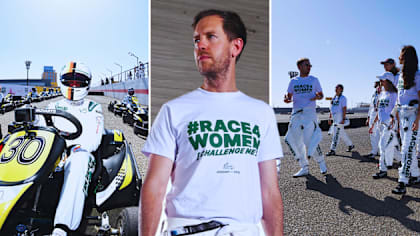
Feature
How sustainable fuels can benefit the world – and are more than just the future of F1
Share

Formula 1, a sport that consistently pushes the boundaries of man and machine in pursuit of perfection, has always been at the forefront of automotive technology – active suspension, turbo-hybrid power and paddle-shift gearboxes to name but a few. It should come as no surprise then that it has ambitious plans to shape a practical solution to the climate crisis with sustainable fuels.
While the current F1 hybrid power units are the most efficient engines on the planet and already use 10% ethanol biofuel, 2026 will mark the arrival of a new era for the sport. Not only will there be new cars and new engine regulations, but the mandatory use of 100% advanced sustainable fuels will help pioneer a technological revolution.
READ MORE: F1 makes ‘significant progress’ in sustainability as first Impact Report released
These fuels will be game-changing. Known as ‘second-generation’ – because they are not made from food crops or from the land used to grow them – F1’s advanced sustainable fuels must be made from sustainable sources without affecting food production. They could be made from agricultural waste, municipal waste, or forestry waste for example, or by using carbon extracted from algae or captured directly from the air.
As a result, such fuels are carbon neutral. They add no additional carbon to the atmosphere when used, and are designed to be ‘drop-in’ fuels, meaning they can be used in vehicles around the world without modification – not just in Formula 1 cars. The potential to reduce global vehicle emissions using sustainable fuels is enormous.
What are advanced sustainable fuels? Sam Collins explains
Less than 1% of F1’s carbon footprint comes from the cars on track but by using its unique position to develop sustainable fuel technology, Formula 1 will further reduce its emissions and continue contributing to society. Not just through the automotive sector either, but also by helping decarbonise the wider transport sector.
Fuel to benefit the world
As part of its 2019 sustainability strategy, Formula 1 made clear its aim to be Net Zero Carbon by 2030. It committed to cut absolute carbon emissions by at least 50%, targeting emissions from the track, travel, logistics and energy use. Sustainable fuels are therefore vital in achieving that goal, and F1 is successfully working with all the sport’s fuel providers to deliver something with huge benefits to the world in which it races.
EXPLAINED: What is the F1 Impact Report and why does it matter?
With five different companies currently supplying the teams, the race is on for them to create competitive sustainable fuels capable of championship success, before they’re then made available around the world having been optimised in the crucible of competition.
Last season saw all cars in F2 and F3, F1’s support championships, use a 55% advanced sustainable fuel in partnership with Aramco. That number will grow as sustainable fuels are capable of being blended and phased in as production capacity increases. They can then be further developed for use in other sectors, like aviation and shipping.

Sustainable fuels could be game-changing for the transport sector
With the average lifespan of internal combustion-powered vehicles in Europe alone already reaching almost 20-30 years – and expected to rise – sustainable fuels are vital in reducing global CO2 emissions in the decades to come from the cars that will continue to be owned and used.
It’s estimated that there could be 1.4 billion vehicles in use around the world by 2030 – 1.2 billion of which will use an internal-combustion engine. A sustainable ‘drop-in’ fuel that simply works in those vehicles without modification, and uses existing fuel distribution, storage and filling stations, will dramatically reduce greenhouse gas emissions. It also reduces the need for expensive scrappage schemes of current vehicles.
READ MORE: Formula 1 becomes first motorsport competition to use Pirelli FSC-certified tyres
A global solution, forged in F1
When Formula 1 first introduced the Kinetic Energy Recovery System (KERS) in 2009, the sport was already well underway developing a lot of technologies seen in electric vehicles today – including hybrid power units and battery optimisation. However, as future vehicle estimates show, electric vehicles alone are not the answer to reducing carbon emissions.
Using advanced sustainable fuels alongside electric vehicles as supply and demand increases, offers the best solution to cutting greenhouse gas emissions from transport. The different sources capable of creating sustainable fuels could even potentially ease current supply chain issues (and potentially reduce climate costs) involved in the manufacturing of electric vehicle batteries.
Explained: 100% sustainable drop-in fuels
“We just feel that there are parallel pathways that we should be following to a decarbonised future," Pat Symonds, Chief Technical Officer at Formula 1, recently told the Australian Financial Review podcast. “If we really want to decarbonise [then] we can't wait for everyone to buy an electric vehicle – it’s going to take decades. So, [it’s] much better to really just start reducing the carbon content of our fuel.
“If we can start replacing some of the high carbon content of the fuels… and start blending it to the point where we can get to the 100% zero carbon fuel we will be using in Formula 1, then really we don't have to replace all the [existing] infrastructure. You don't have to alter your vehicle.
“[A drop-in fuel] can be sold at a pump, just like all your fuel is now. You know, [today] you pick up the black hose or the green hose and use whichever is the right one [to fuel your current vehicle]. There's no reason why there shouldn't be another hose which has a synthetic fuel.”
YOU MIGHT ALSO LIKE
new
Live Blog LIVE COVERAGE: Follow all the build-up ahead of the Saudi Arabian Grand Prix weekend
News 'I understood why they call him the Iceman' – Antonelli opens up on experience of meeting namesake Kimi Raikkonen
Feature ‘Where dreams are born’ – Sebastian Vettel on his Race4Women event, his grassroots mission and guiding female racers in Saudi Arabia
News United States Grand Prix headliners confirmed as 36 hours of entertainment returns to COTA



